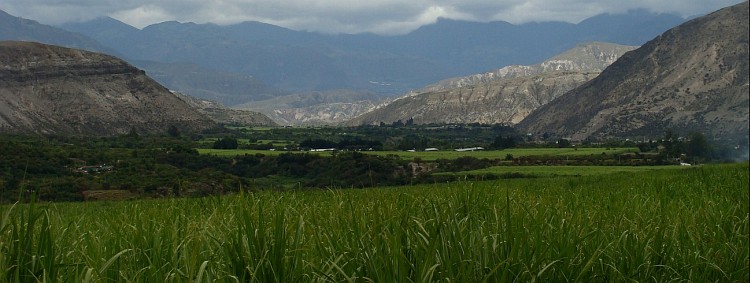| Start Page | 1) Ecuador | 2) Peru | 3) Bolivia | 4) Chile & Argentina | 5) Colombia | 6) Central America | 7) Mexico | 8) U.S.A. | 9) Canada |  |
| Start Page | 1) Ecuador | 2) Peru | 3) Bolivia | 4) Chile & Argentina | 5) Colombia | 6) Central America | 7) Mexico | 8) U.S.A. | 9) Canada |  |

|
The long Road. Part 5 of 9: Colombia